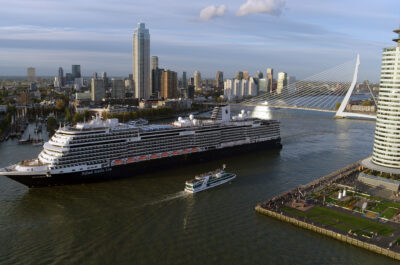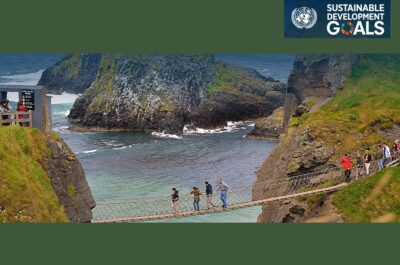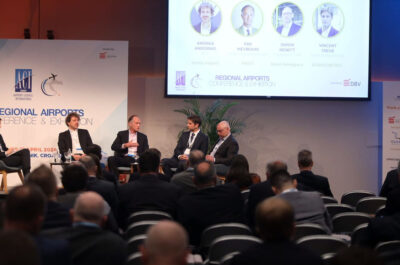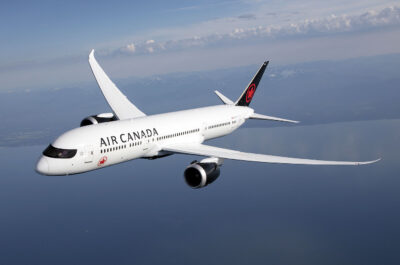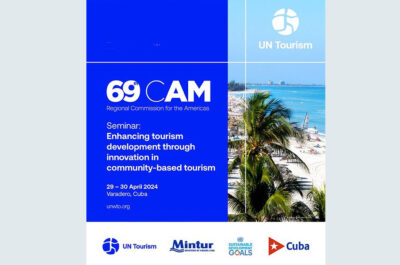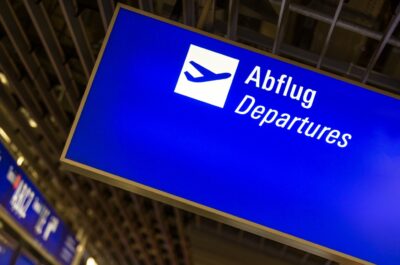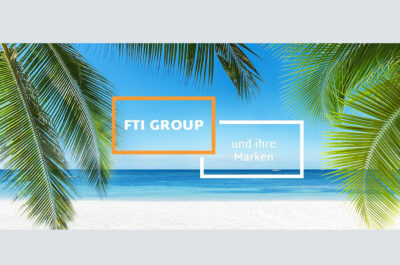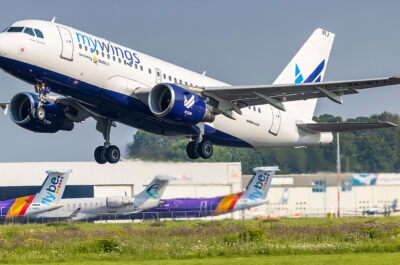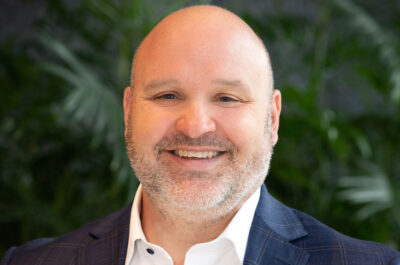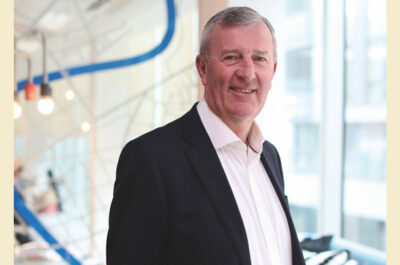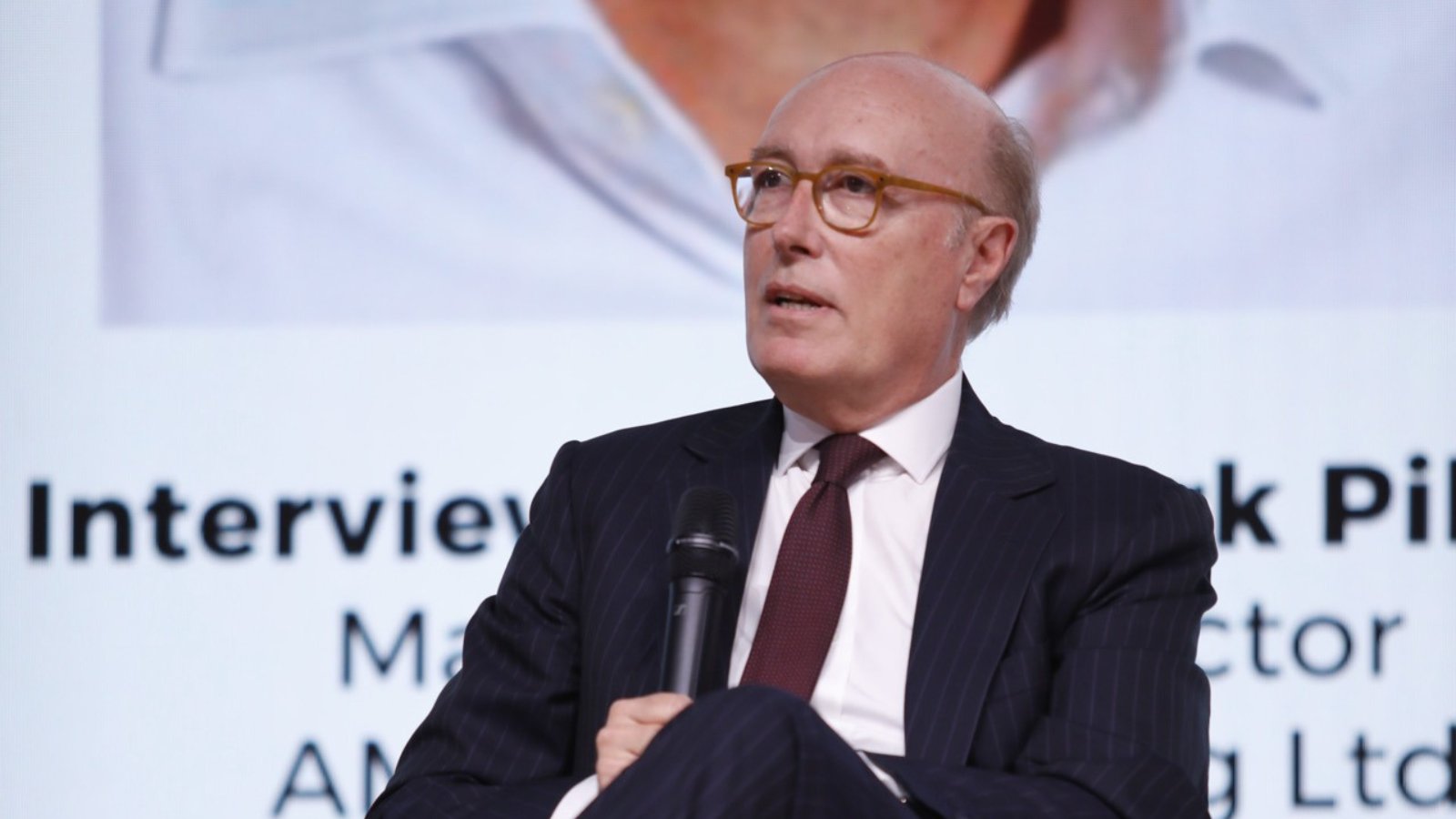
SAF production in Europe MUST ramp up – requiring more direct regulatory and financial support to bridge the price gap with conventional fuels. Airport access to green energy a prerequisite for aviation decarbonisation – with no airport left behind.
BARCELONA – ACI Europe President Javier Marín delivered an unflinching analysis of the current policy and regulatory challenges faced by European airports as they build a resilient and sustainable industry for the future.
Interviewed at the association’s 33rd Annual Congress and General Assembly, held this year in conjunction with sister organisation ACI World in Barcelona, Marín spoke frankly on the key issues of the decarbonisation of aviation, revenue generation and airport slots.
The 3 critical challenges of decarbonization
Placing the decarbonisation of the aviation industry as the highest priority, Marín highlighted the European aviation sector’s collective DESTINATION 2050 roadmap to become Net Zero by 2050 – which is fully aligned with the EU climate goals.
He restated the airport industry’s vocal support for the EU SAF (Sustainable Aviation Fuels) mandates, describing these as important to provide the certainty needed to trigger investments in production capabilities in Europe. He also stressed the importance of support mechanisms such as the EU Innovation Fund, and SAF allowances under the EU Emissions Trading System for aviation.
However, he also pointed to three interrelated critical challenges which must be addressed:
- The availability of cost-competitive SAF in Europe – at and above EU mandates
“We absolutely need to boost the production of SAF in Europe and bridge the price gap with conventional fuels. This requires concrete and actionable support beyond what is currently foreseen to counterbalance the very effective US approach of multiple tax breaks. This implies ensuring that SAF are designated as ‘net zero strategic technology’ under the EU Net Zero Industry Act and benefit from the related regulatory support. This also means European States must urgently work on their national SAF supply strategy together with industry – and provide direct financial support.” Looking beyond SAF, Marin noted: “Achieving net zero will come at a net extra cost of over €820 billion for European aviation – this is a cost no sector can bear on its own.” - Safeguarding regional air connectivity and cohesion
“The EU Fit for 55 package will increase airfares and reduce demand – and with intra-European routes being the most impacted, this means regional airports and their communities are set to be the most at risk of losing out on air connectivity. Our analysis shows they could see demand decreasing by up to 20%. This requires corrective measures to avoid negative economic and social repercussions which would inevitably harm cohesion – and risk a backlash against climate action.” - Access to green energy
“Deploying and servicing hydrogen-powered and electric/hybrid aircraft will involve reconfiguring energy supply, storage and distribution at airports. This will require not just massive investments, but also access to considerable green energy. This must be factored in and addressed in transport and energy policies in a coordinated way at European and national level. Delivering net zero aviation will be conditional upon no airport being left behind in the energy transition.”
Revenue generation and regulation: time for market driven and commercial approaches
With airport revenue generation largely shaped by regulators, Marín expressed relief that the European Commission had resisted calls from airlines to tighten further the regulation of airport charges at EU level. But he was adamant that regulation in many European countries no longer works.
“We need more market-driven and more flexible regimes – and what I mean here is that in most cases regulators should step back and let commercial dynamics guide airport-airline relationships. Airlines are the only ones left calling us ‘monopoly’ suppliers – yet at the same time they play airports across Europe off against each other when deciding where to open new routes and allocate capacity.”
He lamented the fact that national regulators too often remain “obsessed about applying a downward pressure on airport charges and often end up micromanaging airports, in the belief this benefits the end consumer”. The result he said is “an asymmetrical system that benefits airline shareholders – not consumers”, noting that while airports today are stuck with charges that need to be approved by their regulators long in advance, airlines are freely charging passengers airfares that have increased 6 times over the consumer inflation rate.
His conclusion opened a new door: “I think there is a clear case for regulators to spend less time on airports and rather start monitoring air fares charged by airlines – at least in certain markets. Airline consolidation will only make that more relevant.”
Airport slots – a key determinant for the competitiveness of the European aviation market
Marín once more reiterated the European airport industry’s call for urgent reform of the EU Airport Slot regulation – a legislative tool now 30 years old and relevant to a market which simply no longer exists. Future-proofing the single aviation market must have, as its first step, a reform of this regulation to protect its integrity and well-functioning – considering that Europe accounts for over half of the world’s most congested airports.
“I am only stating the obvious here: we need a Regulation that puts the passenger and Europe’s regions at its core. This means serving more destinations from each airport – especially underserved destinations – while also promoting competition to keep fares down for passengers and optimising the use of scarce airport capacity.”
Vicky is the co-founder of TravelDailyNews Media Network where she is the Editor-in Chief. She is also responsible for the daily operation and the financial policy. She holds a Bachelor's degree in Tourism Business Administration from the Technical University of Athens and a Master in Business Administration (MBA) from the University of Wales.
She has many years of both academic and industrial experience within the travel industry. She has written/edited numerous articles in various tourism magazines.




